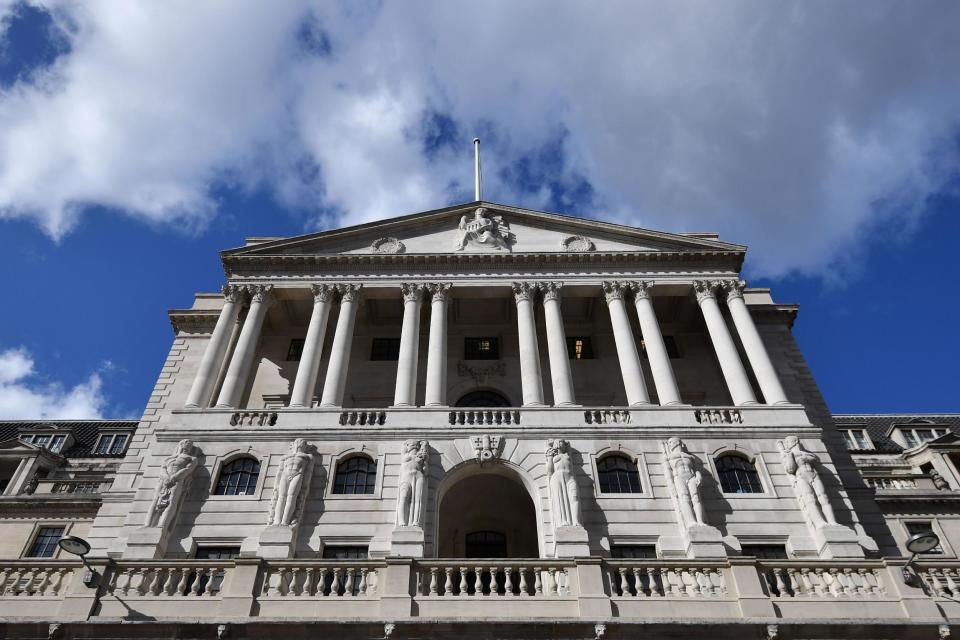Surge in jobs growth tipped to stave off rates cut by the Bank of England

The UK labour market is in “fine shape”, according to the latest official statistics, easing the pressure on the Bank of England to cut interest rates.
The Bank and members of its monetary policy committee have been hinting strongly in recent weeks that it could move to cut rates at the end of January.
Even outgoing Governor Mark Carney has said the economy could need more stimulus.
He and others at the Bank have been worried about data showing that the economy stuttered badly in the run-up to the December general election.
Yesterday figures showed the housing market, dormant for many months, was moving up apace.
Today the Office for National Statistics reported that jobs growth in the three months to November was the strongest in a year.
Tej Parikh, chief economist at the Institute of Directors, said: “The UK labour market remains in fine shape, with a renewed surge in jobs growth providing uplift for the economy.
“Businesses have been eager to recruit over recent years, and higher employment levels have in turn supported household incomes.”
The number of people in employment rose by 208,000 to 32.9 million, the biggest increase since the three months to January 2019 and much stronger than City forecasters expected.
The number of people out of work dropped by 7000 to 1.31 million and the unemployment rate of 3.8% remains at its lowest level since early 1975.
The number of people in work is at a record high. Thomas Pugh, UK economist at Capital Economics, said: “The larger-than-expected rise in employment in November suggests that the labour market is not getting any worse and may have even started to turn around.
“That could help to convince the monetary policy committee to hold off cutting interest rates at the end of the month.”
The MPC meets on January 30, with the City expecting a cut from 0.75% to 0.50%, at least until today’s figures emerged.
Pay rises remain at a steady 3.4%, but with inflation far lower, at 1.5%, consumer spending power remains intact.
ONS statistician David Freeman said: “While pay growth has eased since last summer, with inflation remaining subdued, earnings are continuing to increase in real terms.”
Howard Archer at the EY ITEM Club called the performance of the labour market “pretty remarkable”, in the face of the uncertainties facing the economy.

